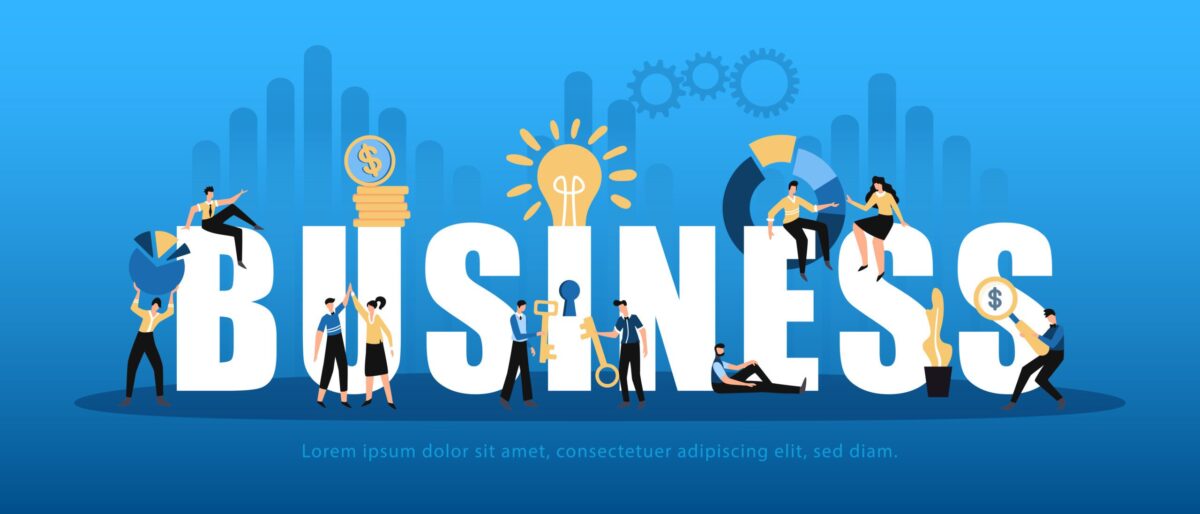In the journey of life, failure is often perceived as a stumbling block, an obstacle to be avoided at all costs. However, a closer look reveals that failure is not the end; it is, in fact, the cornerstone upon which success is built. The age-old adage, “failure is the pillar of success,” holds a profound truth that has been demonstrated by countless individuals and echoed throughout history.
The Paradox of Failure
Failure is a paradoxical phenomenon that can be both disheartening and empowering. At first glance, it might seem counterintuitive to consider failure as a positive force. After all, failure can lead to disappointment, loss of confidence, and a fear of trying again. Yet, history is replete with examples of how failure has propelled individuals to greater heights.
Failure is the Pillar of Success!
Consider the story of Thomas Edison, one of the most prolific inventors in history. Edison famously stated, “I have not failed. I’ve just found 10,000 ways that won’t work.” His relentless pursuit of the incandescent light bulb showcases how failure was an integral part of his path to success. Each failed attempt provided valuable insights and knowledge that ultimately led him to achieve his goal.
The Learning Cycle
Failure is a natural part of the learning cycle. When we succeed, we tend to celebrate the outcome, but it is in failure that we truly learn. Failures force us to critically assess our approach, identify weaknesses, and adapt. This process of self-reflection and adaptation is where growth occurs.
In the business world, failure has led to some of the most innovative breakthroughs. Silicon Valley, the epicentre of technological advancement, is a testament to this principle. Entrepreneurs and innovators understand that failure is an inevitable part of the journey. They embrace it, pivot when necessary, and use their failures as stepping stones toward success.
Building Resilience and Character
Failure not only cultivates knowledge and skills but also builds resilience and character. When we experience failure, we are confronted with challenges that test our determination and perseverance. Overcoming these challenges instils a sense of grit and mental fortitude that is essential for long-term success.
Famous basketball player Michael Jordan once said, “I’ve missed more than 9,000 shots in my career. I’ve lost almost 300 games. Twenty-six times I’ve been trusted to take the game-winning shot and missed. I’ve failed over and over and over again in my life. And that is why I succeed.” Jordan’s relentless work ethic and ability to bounce back from failures are integral parts of his legendary success.
Embracing Failure for Personal Growth
Embracing failure is not an easy task. It requires a shift in mindset and a willingness to step outside one’s comfort zone. To truly benefit from failure, one must view it as an opportunity for growth rather than a roadblock.
Developing a growth mindset, as advocated by psychologist Carol Dweck, is crucial in this regard. A growth mindset enables individuals to see failures as temporary setbacks, fostering a belief in their ability to improve through effort and learning.
Failure is the Pillar of Success: Direct Selling Industry?
Whether in the dynamic landscape of direct selling or any other business sphere, the wisdom embedded within failures paves the way for innovation, resilience, and character development. In the realm of direct selling, exemplified by the pioneering spirit of QNET, the recognition that failure is an indispensable ally resonates deeply. QNET’s ethos of embracing failure as a vital component of the journey exemplifies its commitment to nurturing a community of empowered individuals. By instilling a growth mindset, valuing quality products, and upholding ethical practices, QNET creates a framework that is less susceptible to failure and more aligned with sustainable success.
Direct selling businesses like QNET have the potential to be less prone to failures by adopting strategic measures that capitalize on their unique strengths and address common pitfalls. Here’s how:
Quality Products and Services:
Offering high-quality, innovative products and services that meet genuine consumer needs is essential. A focus on value and customer satisfaction builds trust, repeat business, and positive word-of-mouth, reducing the likelihood of failure due to unsatisfied customers.
Thorough Training and Support:
Comprehensive training and ongoing support for independent representatives ensure they are well-equipped to market and sell products effectively. Educated and motivated representatives are more likely to succeed and inspire others to join, fostering a self-sustaining cycle of success.
Ethical Practices and Transparency:
Upholding ethical standards and transparent business practices fosters credibility and trust among customers and potential representatives. This helps to establish a positive reputation and shields the business from legal and reputational risks.
Diverse Product Range:
Diversifying the product portfolio can minimize reliance on a single product’s success. This spreads risk and provides multiple avenues for revenue generation, reducing the impact of failure in any one area.
Innovative Compensation Plans:
Thoughtfully designed compensation plans that reward not only recruitment but also product sales can create a more sustainable business model. This discourages a sole focus on recruitment and promotes genuine product promotion and consumption.
Market Research and Adaptation:
Continuous market research and the ability to adapt to changing trends and consumer preferences are critical. Flexibility and agility enable a business like QNET to evolve its product offerings and strategies to remain relevant and competitive.
Compliance with Regulations:
Adhering to local and international regulations is vital. Legal compliance safeguards the business from potential legal challenges and disruptions that could lead to failure.
Emphasis on Education:
Promoting education within the network helps prevent misinformation and unrealistic expectations. When representatives are well-informed about the business model and its potential, they are less likely to be discouraged by early setbacks.
Community and Support Network:
Cultivating a strong sense of community among representatives fosters a supportive environment where knowledge sharing, mentorship, and collaboration flourish. This network can offer emotional resilience during challenging times.
Long-Term Vision:
Encouraging representatives to adopt a long-term perspective rather than seeking instant results can lead to more sustainable growth. Patience and perseverance are key qualities that can help navigate failures and setbacks.
By incorporating these strategies, direct-selling businesses like QNET can enhance their resilience, reduce the risk of failure, and create a foundation for sustained success in a competitive market.
Conclusion

In conclusion, the timeless adage “failure is the pillar of success” reverberates with unwavering truth across various facets of life, from personal growth to business endeavours. The journey of individuals like Thomas Edison, Michael Jordan, and the innovative minds of Silicon Valley underscores the transformative power of failure. It serves not as a deterrent, but as a guiding light, illuminating the path toward success.
Ultimately, the threads that weave the fabric of accomplishment are often spun from the setbacks and challenges we encounter. As we navigate the complex tapestry of life and business, let us remember that failure, far from being a stumbling block, is a stepping stone toward achieving greatness. By embracing failure, learning from it, and persistently forging ahead, we harness the true potential to reach unparalleled heights and sculpt a legacy that stands the test of time.










